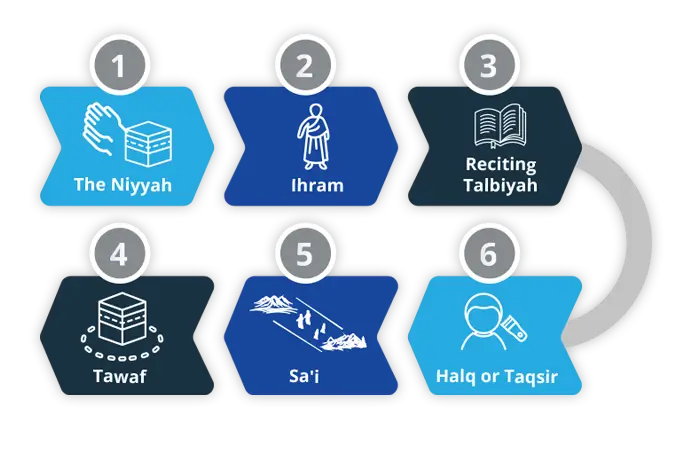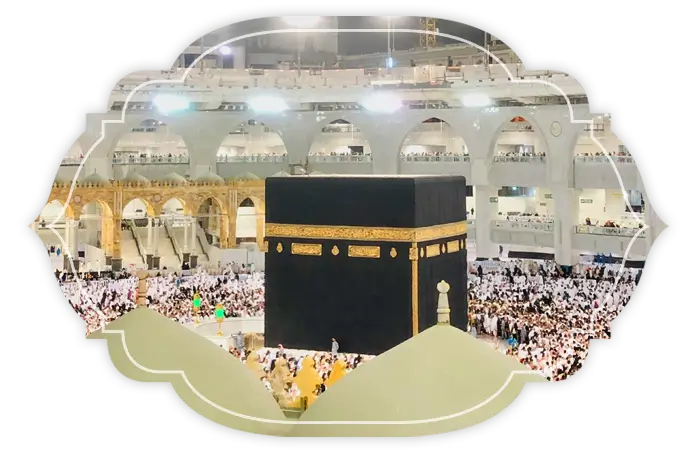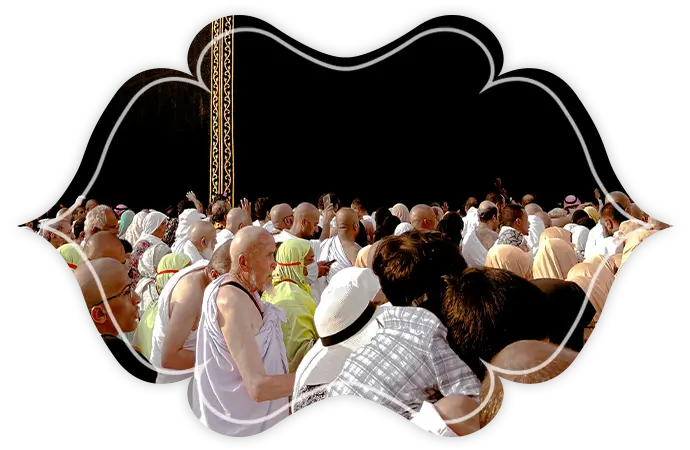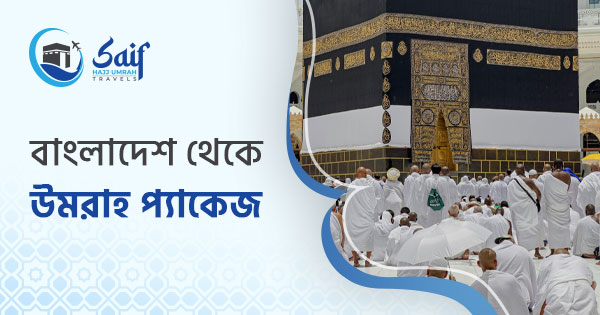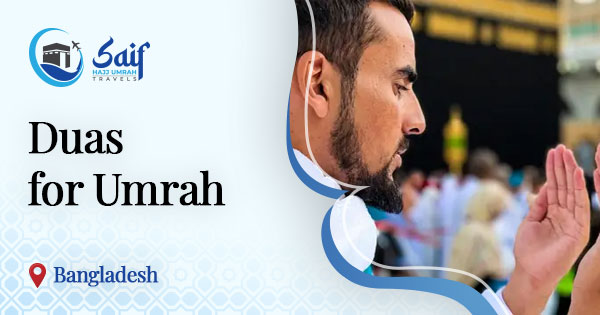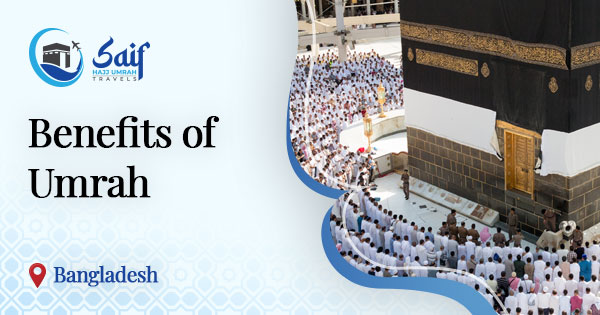How to perform Umrah? Step-by-step Umrah guideline from Bangladesh?
Performing Umrah is a dream for every Muslim. It is a journey of the heart, done only for the pleasure of Allah. Every year, thousands of Muslims from Bangladesh travel to Makkah to perform Umrah. The number is increasing as flights and visa processing become easier, yet many still miss this blessing. One main reason is the lack of clear guidance.
Many people do not perform Umrah because they are unsure about the proper rules and sequence of rituals. Umrah is simple when explained in order. At Saif Hajj Umrah Travels, we provide comprehensive care to Bangladeshi pilgrims, from visa and travel arrangements to every ritual. This page explains how to perform Umrah step by step with duas and Qur’anic verses.
Get A Free Consultation